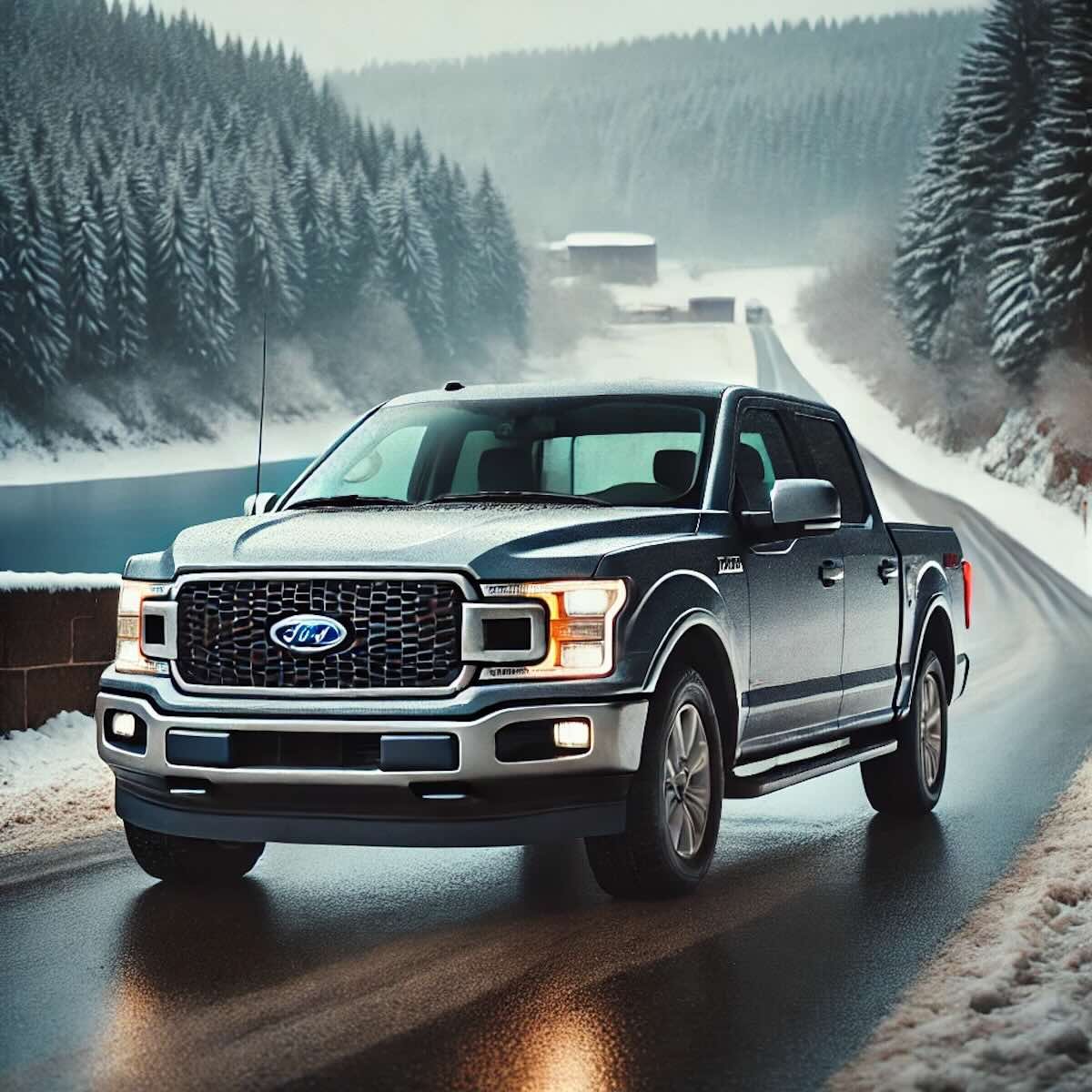What Is the Main Cause of Rust on Your Car?
Rust is a common problem for car owners, but what actually causes it? While it may seem like an inevitable part of vehicle aging, understanding what leads to rust formation can help you prevent it and extend the life of your car.
The Science Behind Rust
Rust, or iron oxide, occurs when metal reacts with oxygen and moisture. This process is called oxidation, and it weakens the metal, causing it to corrode over time. Since most cars are made with steel, they are highly susceptible to rusting when exposed to the right conditions.
The Main Cause of Rust on Your Car: Exposure to Moisture and Road Salt
While many factors contribute to rust, the biggest culprit is exposure to moisture and road salt. Here’s how these elements accelerate rusting:
Water (Rain, Snow, and Humidity)
Water is the key ingredient for rust formation. If your car remains wet for long periods—whether from rain, melting snow, or high humidity—the oxidation process speeds up.
Cars in coastal areas are at higher risk due to salty sea air, which carries moisture and increases corrosion.
Road Salt in Winter
If you live in a region that experiences snow, road salt is likely the biggest threat to your car’s undercarriage.
Road salt lowers the freezing point of water, making it easier to keep roads clear of ice. However, it also reacts with metal, speeding up the oxidation process and leading to rust, especially in wheel wells, undercarriages, and frame components.
Dirt and Mud Build-Up
Mud and dirt can trap moisture against your car’s surface. If left uncleaned, these areas can stay damp, allowing rust to form in hidden spots like wheel wells and undercarriages.
Scratches, Dents, and Paint Damage
Your car’s paint and protective coatings act as barriers against rust. If the paint is chipped or scratched, exposed metal is vulnerable to moisture and oxidation. Even small dings from road debris can lead to rust formation if left untreated.
Poor Drainage Areas
Some areas of your car, such as doors, fenders, and the undercarriage, have drainage points to allow water to escape. If these become clogged with dirt or debris, moisture gets trapped, creating the perfect environment for rust.
How to Prevent Rust on Your Car
While rust is a natural process, you can take several steps to slow it down and protect your vehicle:
✔ Wash Your Car Regularly – Especially in winter, frequent washes help remove road salt and moisture buildup. Pay extra attention to the undercarriage.
✔ Wax Your Car – A good coat of wax provides a barrier between your car’s paint and the elements.
✔ Touch Up Paint Damage – If you notice scratches or chips, repair them quickly to prevent moisture from reaching bare metal.
✔ Rustproofing Treatments – Applying a rust inhibitor or undercoating can add extra protection, especially in high-risk areas.
✔ Check for Drainage Issues – Keep your car’s drainage holes clear to ensure water doesn’t get trapped.
Final Thoughts
The main cause of rust on your car is exposure to moisture and road salt, which accelerate oxidation. By keeping your car clean, protecting the paint, and addressing rust spots early, you can help extend its lifespan and maintain its appearance.
If you’re concerned about rust, consider a professional detailing service that includes rust prevention measures—especially before winter. Your car (and your wallet) will thank you! 🚗💨

